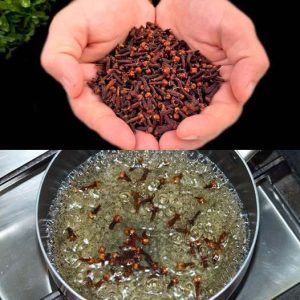Your kidneys play a crucial role in filtering waste, balancing fluids, and keeping your body healthy. Supporting kidney function with natural beverages can help reduce toxin buildup, lower inflammation, and promote overall well-being. While staying hydrated with water is essential, certain natural drinks offer additional benefits for kidney health. Here are six beverages that can support your kidneys naturally.
-
Lemon Water – Rich in citric acid, lemon water helps prevent kidney stones by reducing calcium buildup. Drinking fresh lemon juice with warm water in the morning can also aid digestion and support kidney function.
-
Cranberry Juice – Known for its ability to prevent urinary tract infections (UTIs), cranberry juice can also promote kidney health. It contains antioxidants that help cleanse the kidneys and reduce inflammation, but it’s best to choose unsweetened versions to avoid excess sugar.
-
Ginger Tea – Ginger has powerful anti-inflammatory and antioxidant properties that can support kidney function. Drinking ginger tea regularly may help reduce oxidative stress, improve digestion, and aid in detoxification, all of which benefit kidney health.
-
Dandelion Tea – A natural diuretic, dandelion tea helps flush out excess fluids and toxins from the kidneys. It also supports liver function and reduces water retention, making it a great choice for overall kidney support.
-
Green Tea – Packed with antioxidants, green tea helps protect the kidneys from damage caused by free radicals. It may also reduce the risk of kidney stones and improve kidney function by lowering inflammation and supporting healthy blood pressure levels.
-
Beet Juice – High in nitrates and antioxidants, beet juice can enhance blood flow to the kidneys and support detoxification. It also helps lower blood pressure, which is important for maintaining kidney health over time.
Incorporating these natural beverages into your daily routine can help support kidney health and overall wellness. However, if you have kidney disease or other health conditions, it’s important to consult with a healthcare provider before making significant dietary changes.





